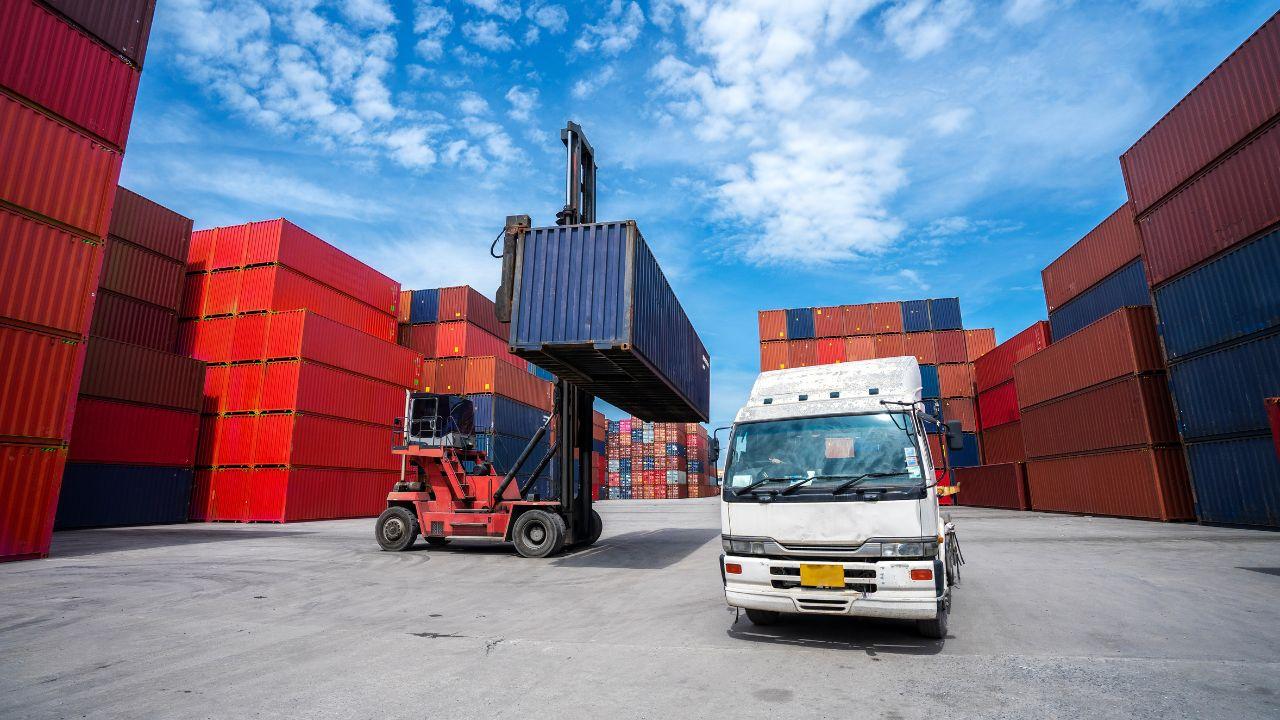Sector-wise Analysis: EPCG License Benefits for Different Industries

The Export Promotion Capital Goods Scheme (EPCG) is a pivotal initiative by the Indian government aimed at enhancing the country's manufacturing competitiveness. By allowing the import of capital goods at zero customs duty, the EPCG scheme encourages technological advancement and export growth. This article delves into the sector-wise benefits of the EPCG license for various industries, highlighting its significant impact on economic growth and global trade participation.
Manufacturing Sector
The manufacturing sector is one of the primary beneficiaries of the EPCG scheme. By facilitating the import of advanced machinery and equipment, manufacturers can enhance their production capabilities, improve product quality, and reduce production costs. This, in turn, makes Indian products more competitive in the global market. For instance, the textile industry, which relies heavily on modern weaving and spinning machines, benefits immensely from the EPCG scheme, enabling it to meet international standards and cater to a broader market.
Automobile Industry
The automobile industry requires cutting-edge technology to produce vehicles that meet global safety and emission standards. The EPCG License allows automobile manufacturers to import high-tech machinery, robotics, and assembly line equipment at reduced costs. This not only boosts production efficiency but also fosters innovation in vehicle design and manufacturing processes. As a result, Indian automobile companies can compete more effectively in the global market, enhancing their export potential.
Information Technology and Electronics
In the rapidly evolving IT and electronics sector, staying ahead with the latest technology is crucial. The EPCG scheme supports this industry by enabling the import of sophisticated hardware and software tools necessary for research and development, manufacturing, and service delivery. Companies can upgrade their infrastructure, develop new products, and offer advanced services, thereby improving their market position and export capabilities.
Pharmaceutical Industry
The pharmaceutical industry benefits significantly from the EPCG scheme as it allows the import of advanced laboratory equipment, manufacturing machinery, and quality control instruments. This access to state-of-the-art technology helps pharmaceutical companies enhance their production processes, ensure compliance with international quality standards, and expand their product portfolios. Consequently, Indian pharmaceutical products become more competitive in the global market, boosting export revenues.
Textile and Apparel Industry
The textile and apparel industry, a major contributor to India's export economy, gains substantial advantages from the EPCG scheme. By importing advanced textile machinery, dyeing equipment, and garment manufacturing tools at reduced costs, companies can improve their production efficiency and product quality. This enables them to meet the demands of international buyers and maintain a competitive edge in the global textile market.
Food Processing Industry
The food processing industry is another significant beneficiary of the EPCG scheme. By allowing the import of advanced processing machinery, packaging equipment, and quality control instruments, the scheme helps companies enhance their production processes, maintain high-quality standards, and extend the shelf life of their products. This results in increased export opportunities for processed food products, contributing to the growth of the industry and the economy.
Renewable Energy Sector
The renewable energy sector, particularly solar and wind energy, benefits greatly from the EPCG scheme. By facilitating the import of high-tech equipment such as solar panels, wind turbines, and energy storage systems, the scheme supports the growth and development of renewable energy projects. This not only promotes sustainable energy solutions but also enhances India's export potential in the global renewable energy market.
Chemical Industry
The chemical industry relies on advanced manufacturing equipment and quality control systems to produce high-quality chemicals and related products. The EPCG scheme allows companies to import necessary machinery and technology at reduced costs, enabling them to improve their production processes and meet international standards. This enhances the competitiveness of Indian chemical products in the global market, driving export growth.
Healthcare and Medical Devices
The healthcare and medical devices industry benefits from the EPCG scheme by enabling the import of advanced medical equipment and devices. This supports the development of a robust healthcare infrastructure, improves the quality of medical services, and enhances the production of medical devices. Consequently, Indian medical devices and healthcare services become more competitive internationally, increasing their export potential.
Agriculture and Agro-Based Industries
The agriculture and agro-based industries, which form the backbone of India's economy, also benefit from the EPCG scheme. By allowing the import of modern agricultural machinery, irrigation systems, and food processing equipment, the scheme helps improve agricultural productivity, reduce post-harvest losses, and enhance the quality of agro-products. This leads to increased export opportunities for agricultural and agro-based products, contributing to rural development and economic growth.
Conclusion
The EPCG scheme plays a crucial role in developing and growing various industries in India by enabling the import of advanced machinery and technology at reduced costs. This sector-wise analysis highlights the significant benefits of the EPCG license for different industries, emphasising its impact on enhancing production efficiency, product quality, and global competitiveness. By leveraging the advantages of the EPCG scheme, Indian industries can achieve sustainable growth, increase their export potential, and contribute to the overall economic development of the country.
- Art
- Causes
- Crafts
- Dance
- Drinks
- Film
- Fitness
- Food
- Игры
- Gardening
- Health
- Главная
- Literature
- Music
- Networking
- Другое
- Party
- Religion
- Shopping
- Sports
- Theater
- Wellness
- IT, Cloud, Software and Technology


